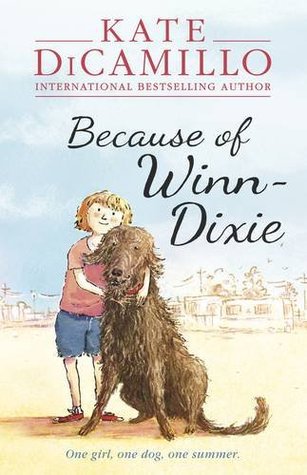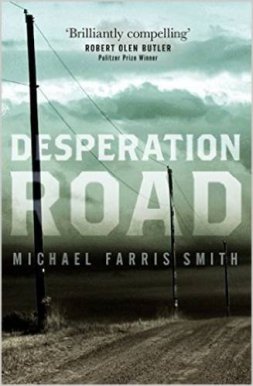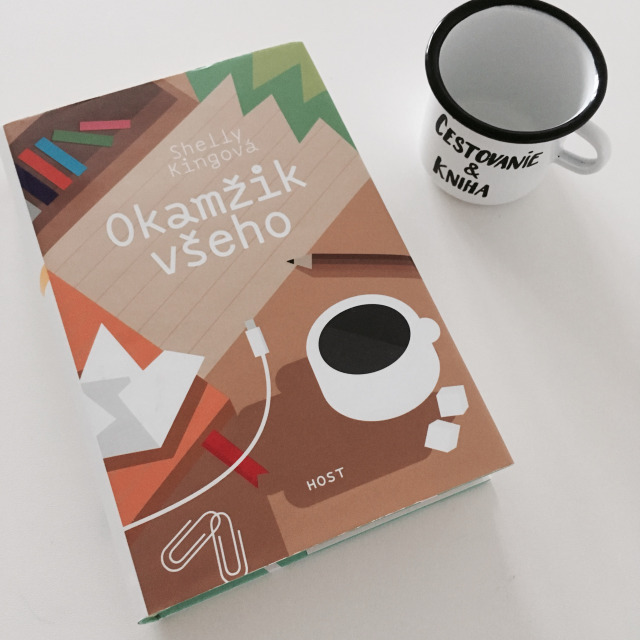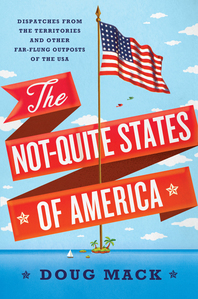“Learned what?
“Learned what is the most important thing.”
“What’s that?” I asked her.
“It’s different for everyone,” she said. “You find out on your own. But in the meantime, you got to remember, you can’t always judge people by the things they done. You got to judge them by what they are doing now.”

Four or five years ago, one of my close friends told me about Kate DiCamillo’s The Miraculous Journey of Edward Tulane. She said, that book was being popular in Indonesia lately since there was a popular Korean drama whose male lead character loved that book.
But here is the weird thing: one day, days after my friend told me, I went to a book fair in my city. There was an English secondhand book section in there. While I was jubilant that I found Narnia series, my eyes caught a book with a red-dressed rabbit on its cover. That’s Edward Tulane my friend’d been talking about. I bought it too, anyway, without a second thought. Not that I was one of those K-drama fans, I just wanted to give it a try because my friend said it’s a great book.
That’s was the first time I ‘met’ Kate DiCamillo and fell in love with her writing.
Honestly, I did never put Because of Winn-Dixie on my wishlist. I have a strict criteria for children books I’m dying to buy for. And they have to be fantasy or fable or adventure or fairy tales-like–but not a realistic fiction. But, still, I brought home this book–along with Flora and Ulysses and The Tale of Desperaux in BBW event last October.
I read this book on last Sunday. And it surprised me a little that I just needed less than 3 hours to finish it. (If I recall, the one and only book I’ve finished to read in the exact same time is Neil Gaiman’s Coraline. An it was four years ago, when I still had much free times to read.)
Because of Winn-Dixie is kind of book I would love to read when I was a kid. It’s about ten-years-old India Opal Buloni who is new in her neighborhood. She has no friend until she discovers a poor, big, and suffering dog when she’s going to a local supermarket. And, just like its tittle, it’s because of Winn-Dixie she can befriend with others.
It seems just like that. But, it’s not.
There is something in Kate DiCamillo’s writing that I always love. In this book, it’s how she tackles the issue about being lonely. Opal is feeling lonely, not just because she has no friend. Her alcoholic mother left her and her father, the preacher, when she was just 3 years old. She knows nothing about her mother until one day–a day after she came home with Winn-Dixie–she decides to ask her father.
There was two or three times when I shed my tears because, God, it’s such a book or story that I want to write. I once told my friend about it, that children stories don’t have to be about a child that wants this or that stuff. Children stories don’t have to be a happy or cheerful one.
It has to be more than that. And it’s okay to write a gloomy children story; about a kid who is dealing with grief, death, or else. Children have those feelings too–anger, sadness, grief, etc. And a big curiosity about something that grown-ups try to hide from them.
Just like Opal’s curiosity towards her long absent mother. Though, later Opal finally understands why her father didn’t want to talk about her mother. Because, Opal knows, it’s hard to let go something you love–seems like it’s always be adults problem, eh?
This book is indeed beautifully written, no wonder it became a Newbery Medal Winner. And by reading this book, an idea about binge-reading Kate DiCamillo’s works just pops up in my mind. Not to mention that I just re-read The Tale of Desperaux a month ago. [L]
Advertisements Share this:“There ain’t no way you can hold on to something that wants to go, you understand? You can only love what you got while you got it.”





